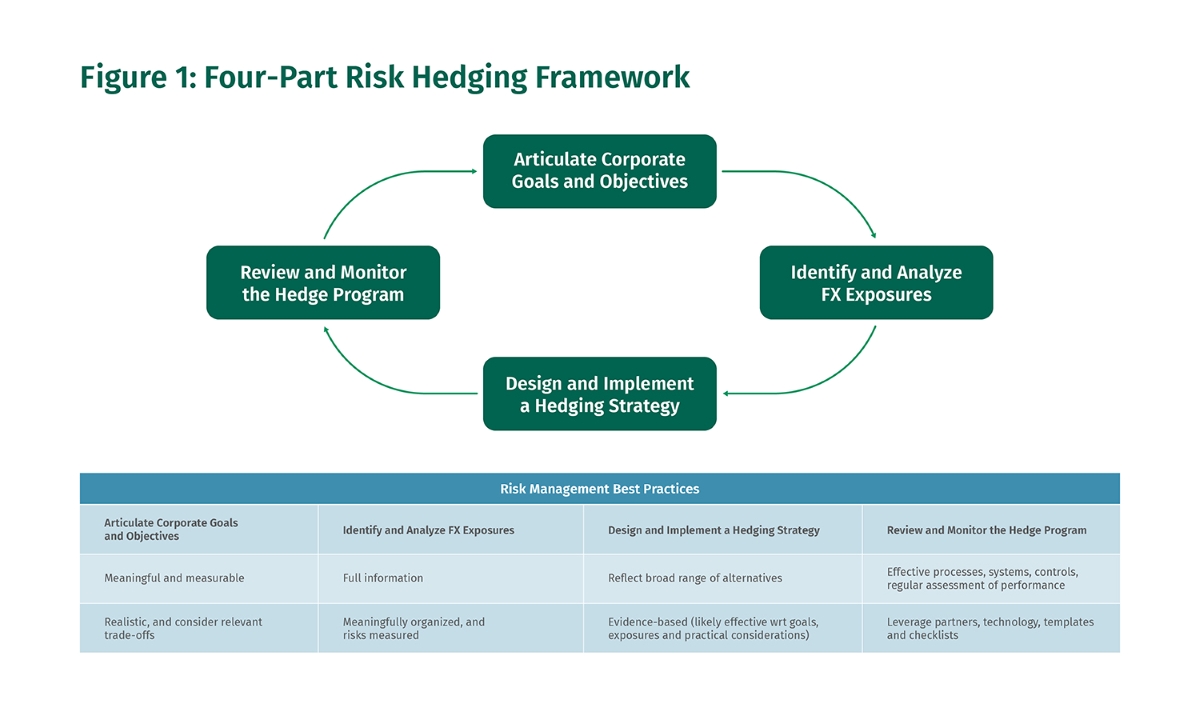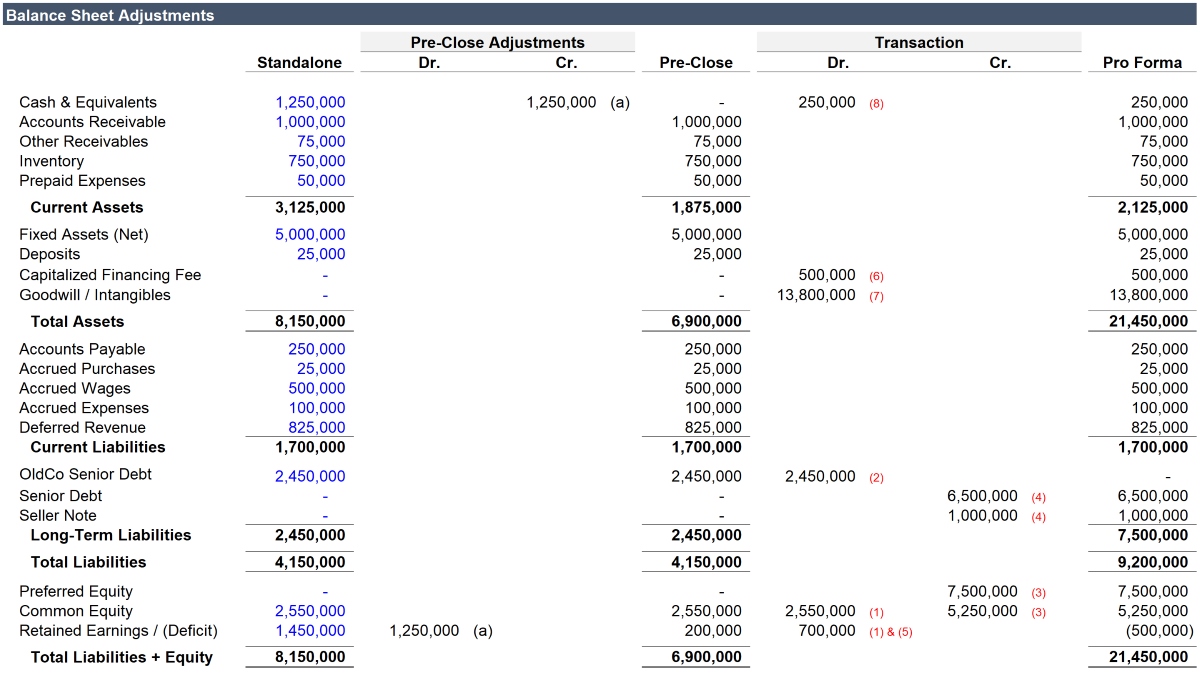Home>Finance>Hedge Fund Manager: Definition, Strategies, Compensation


Finance
Hedge Fund Manager: Definition, Strategies, Compensation
Modified: February 21, 2024
Learn the definition, strategies, and compensation of hedge fund managers in the finance industry. Gain insights into how these professionals navigate the world of finance.
(Many of the links in this article redirect to a specific reviewed product. Your purchase of these products through affiliate links helps to generate commission for LiveWell, at no extra cost. Learn more)
Hedge Fund Manager: Definition, Strategies, Compensation
Finance is a vast field with various career opportunities. One such lucrative and challenging profession is that of a hedge fund manager. But what exactly does a hedge fund manager do, and what strategies do they implement to generate impressive returns? In this blog post, we will explore the role of a hedge fund manager, their strategies, and the compensation they receive.
Key Takeaways:
- A hedge fund manager oversees and manages an investment portfolio for high-net-worth individuals or institutional investors.
- Hedge fund managers employ various investment strategies, including long/short equity, global macro, event-driven, and quantitative.
What is a Hedge Fund Manager?
A hedge fund manager is an individual responsible for managing a hedge fund’s investment portfolio. Hedge funds are privately organized investment funds that pool capital from high-net-worth individuals or institutional investors. These funds have the flexibility to invest in a wide range of assets, such as stocks, bonds, derivatives, commodities, or real estate. Unlike traditional mutual funds, hedge funds can use aggressive investment techniques to generate higher returns.
A hedge fund manager has the crucial task of making investment decisions to maximize returns while managing risk. They conduct extensive research and analysis of potential investment opportunities and make strategy adjustments based on market conditions. Their role requires a deep understanding of financial markets, a knack for identifying lucrative opportunities, and the ability to navigate complex investment landscapes.
Investment Strategies Implemented by Hedge Fund Managers
Hedge fund managers employ a variety of investment strategies to generate alpha (returns above the market average). Here are some of the most common hedge fund strategies:
- Long/Short Equity: This strategy involves taking long positions in stocks expected to rise and short positions in stocks expected to decline. The goal is to profit from both upward and downward market movements.
- Global Macro: Global macro managers focus on large-scale economic trends and events. They make investment decisions based on their macroeconomic outlook, including factors such as interest rates, inflation, and geopolitical developments.
- Event-Driven: Event-driven managers seek to capitalize on specific corporate events that can create short-term price inefficiencies. These events include mergers and acquisitions, bankruptcies, spin-offs, or regulatory changes.
- Quantitative: Quantitative hedge funds rely on complex mathematical models and algorithms to identify trading opportunities. They analyze large amounts of historical data to develop systematic trading strategies.
These strategies are not exhaustive, and many hedge funds employ a combination of strategies to diversify their portfolios and manage risk effectively. Each strategy requires specialized knowledge and expertise, making hedge fund management a highly specialized and intellectually stimulating profession.
Compensation for Hedge Fund Managers
Hedge fund managers often receive compensation structures that differ from traditional asset managers or other finance professionals. Their compensation typically consists of two components:
- Management Fees: Hedge fund managers charge an annual management fee, usually a percentage of the fund’s assets under management (AUM). This fee compensates the manager for their expertise, research, and oversight of the portfolio.
- Performance Fees: Performance fees, also known as incentive fees, are based on the hedge fund’s performance. The manager receives a percentage of the fund’s profits, usually subject to a high watermark or hurdle rate to align their interests with the investors.
The performance fee component can be substantial, as successful hedge fund managers have the potential to earn significant amounts when their strategies generate exceptional returns. However, it’s important to note that hedge fund managers also bear the risk of losing money for their investors, as they are often required to invest their own capital alongside their clients’ investments.
In conclusion, a hedge fund manager plays a crucial role in managing investment portfolios for high-net-worth individuals and institutional investors. They implement various investment strategies and receive compensation through management fees and performance fees. Becoming a successful hedge fund manager requires expertise, a deep understanding of financial markets, and the ability to navigate complex investment landscapes.














